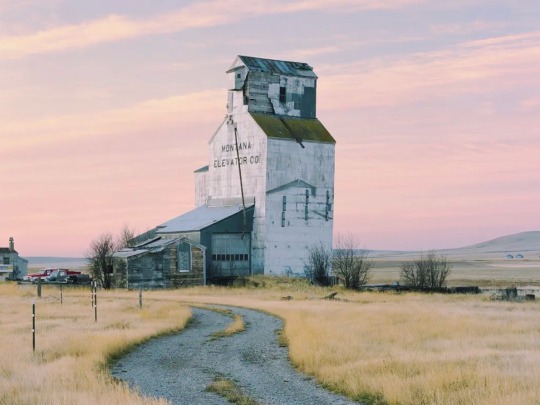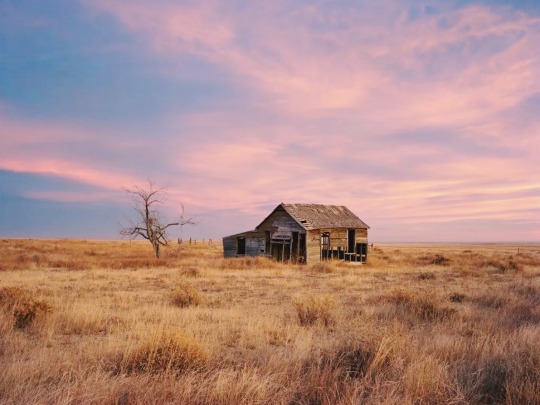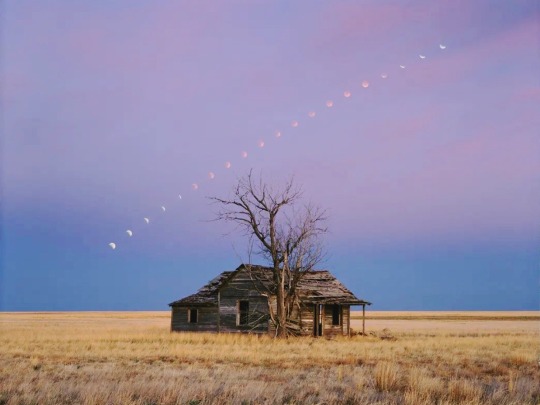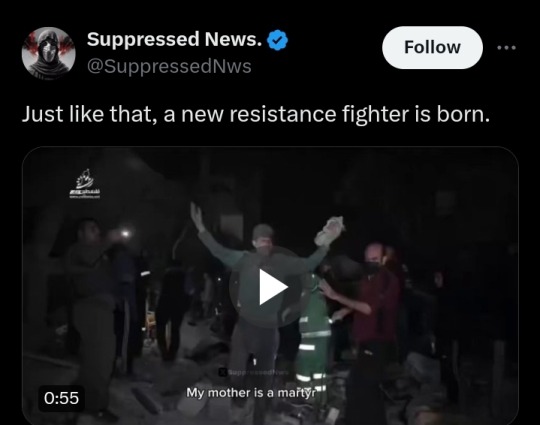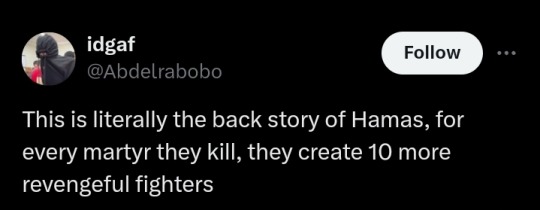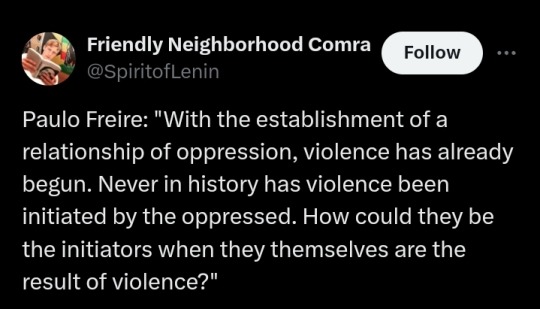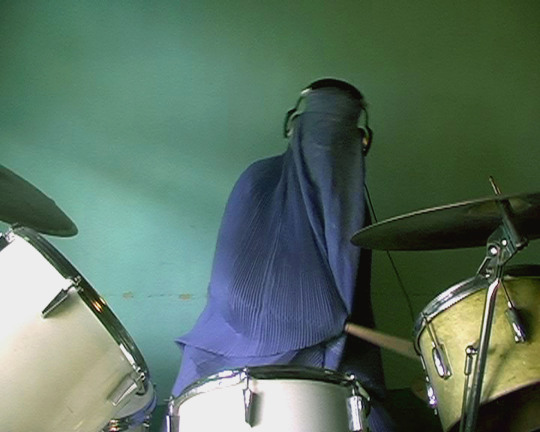Photo

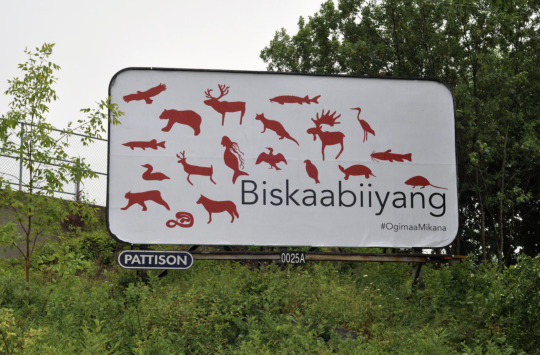


Ogimaa Mikana. Don’t be shy to speak Anishinaabemowin when it’s time. Bayfield St., Barrie, Ontario; Biskaabiiyang. North Bay, Ontario; Untitled (All Walls Crumble). Ottawa, Ontario; Anishinaabe manoomin inaakonigewin gosha. Peterborough, Ontario.
Ogimaa Mikana is an artist collective founded by Susan Blight (Anishinaabe, Couchiching) and Hayden King (Anishinaabe, Gchi’mnissing) in January 2013. Through public art, site-specific intervention, and social practice, we assert Anishinaabe self-determination on the land and in the public sphere.
The Ogimaa Mikana Project is an effort to restore Anishinaabemowin place-names to the streets, avenues, roads, paths, and trails of Gichi Kiiwenging (Toronto) - transforming a landscape that often obscures or makes invisible the presence of Indigenous peoples. Starting with a small section of Queen St., re-naming it Ogimaa Mikana (Leader’s Trail) in tribute to all the strong women leaders of the Idle No More movement, the project hopes to expand throughout downtown and beyond.
“The Anishinaabeg endure. We do so through settler colonial time, and across space. We do so in contention. Untitled (All Walls Crumble) considers this movement. To be Indigenous in the city is so often a struggle for recognition, to be seen, and to resist the erasure that is common in Toronto, Montreal, Ottawa, etc. Yet with recognition also comes appropriation and co-optation. In this unease, we consider the benefits of erasure, or at least, covert movement. Inspired by stories of our relatives and ancestors counting coup, and Basil Johnson’s description of warfare more generally, the Ogimaa Mikana Project considers the tension between visibility and invisibility to challenge settler colonial logic. Against a crumbling wall holding up Ottawa’s major highway - scheduled for demolition and replacement - we draw attention to the ways the settler state recycles itself, and by extension, affirms its legitimacy. We see it and resist in provocative ways that mirror a there/not there presence. Against this crumbling wall, we reclaim space for an anti-recognition: to speak to each other, as Anishinaabeg, as communities pushed out by gentrification, as the colonized, and offer a refrain and a sign of defiance: “Wakayakoniganag da pangishin. Nin d'akiminan kagige oga ahindanize.”
905 notes
·
View notes
Text
“Imperialism is a system of exploitation that occurs not only in the brutal form of those who come with guns to conquer territory [but also] in more subtle forms, a loan, food aid, blackmail. We are fighting this system that allows a handful of men on earth to rule all of humanity.”
— Thomas Sankara
520 notes
·
View notes
Text
imagine how beautiful palestine will look when she is free of the occupation and her land is watered and taken care of. imagine all the beautiful native plants and animals that will return when palestinians are allowed to have their water supply back. palestine is beautiful as it is right now, but imagine her beauty when she is free.
9K notes
·
View notes
Text
“I think white gay people feel cheated because they were born, in principle, into a society in which they were supposed to be safe. The anomaly of their sexuality puts them in danger, unexpectedly. Their reaction seems to me in direct proportion to the sense of feeling cheated of the advantages which accrue to white people in a white society. There’s an element, it has always seemed to me, of bewilderment and complaint. Now that may sound very harsh, but the gay world as such is no more prepared to accept black people than anywhere else in society. It’s a very hermetically sealed world with very unattractive features, including racism.”
— James Baldwin, from a 1984 interview given with Richard Goldstein, in the Village Voice
24K notes
·
View notes
Text
There is still hope. Say it out loud. Palestine will be free. The Palestinian people will celebrate their culture and heritage with each other. We will love and be loved. Do not fall into the trap of despair.
173K notes
·
View notes
Text
Kendrick has this very unique style of minimalism when it comes to his music videos. He likes big, open areas with little or no decoration, the camera posed very far from the subject. It's almost surrealist at times, and I feel like that's very purposeful. In stark contrast to his words of bravado, he presents himself visually in a way that says he's much smaller than the world around him.
Even his (in my opinion) corniest bit of comparing himself to Jesus plays into his ideas of having great influence, the responsibility that carries, and how human and small that makes him feel despite the immense power he's been given. He doesn't see himself as the preaching son of God, but the man that wore a crown of thorns, the one that struggled and died for the people he loved. The fact that the crown of thorns is also encrusted with diamonds even further supports that. It's beautiful, expensive, and flashy, but it's a false crown.
He also really likes showing people. Very static shots of people looking directly into the camera with no expression, making the only focus their features. I think this is to highlight the innate beauty of Afro features, to the point where it almost feels like he turns their faces into living, moving paintings.
26 notes
·
View notes
Text
i’ve mentioned this here before, but it will remain one of the most ideologically influential experiences of my life: when i was in fifth grade i did a report on post traumatic stress as manifested in veterans of the vietnam war, and my father did me the huge favor of connecting me w/ a vietnam vet friend of his who was diagnosed with PTSD, assuring him that while i was only ten i was bright and curious and he should be as honest with me about his experience as possible.
i remember entering his office with my tape recorder, sitting in a chair that was too big, and asking him questions about war, and his life after war, while swinging my legs over the edge of the chair. i remember being very, very quiet as he spoke of pulling the car over on the highway for fear of crashing when his hands would shake uncontrollably in response to song on the radio or a smell that he couldn’t be sure was real or sense-memory. and of ruined relationships and anger and american hypocrisy.
and i also remember that was the day i learned what “valor” meant. he used “valor” in a sentence and i didn’t know that word, and when i asked him to explain “valor” he became very quiet. and i can’t remember precisely what he said, if he ever offered me the dictionary definition or not, but i do remember him looking very sad, and saying something about our country’s idea of “valor”, and also something about a broken promise. and there was an edge to his words that i couldn’t parse at the time that i would later come to understand was bitterness, that he sounded bitter.
to this day i can’t hear or read the word “valor” without seeing sunlight coming through his office window at a slant, close-to-sunset light, and feeling the kind of quiet, confused, completely internalized panic a child feels when they sense that a grown up is trying very hard not to weep in their presence.
77K notes
·
View notes
Text
If “man” and “woman” are opposed and mutually exclusive categories, if men can only ever be predators and women can only ever be prey, then trans men can’t exist. We are logically impossible under the terms of the current system. You either “treat us like men” by voiding out half our lives, or you write us back into womanhood by denying our male identities. I knew all that, at least in theory, but when I came out, I actually saw my life story disappearing into other people’s blind spots. I watched myself become unthinkable in real time.
— Eraserhead: On writer's block and being a gender traitor by Jude Doyle
2K notes
·
View notes
Text
Because I was now a man, I could not speak about what it was like to be a woman. Because I had been a woman, I could never really speak about what it was like to be a man. Do the math: I could not speak. It was a double erasure, a double bind, in which every experience I had was false, and so nothing I said was credible. I could no longer derive authority from my experiences before transition, and shouldn’t even cite them — I had never “really” been a woman, so those things hadn’t happened — but those experiences could always be weaponized against me to prove I wasn’t “really” the man I claimed to be. They call it erasure, when this happens. I wasn’t prepared for how literal the term was. Every day, I could feel myself disappear.
— Eraserhead: On writer's block and being a gender traitor by Jude Doyle
10K notes
·
View notes
Text

Audre Lorde, from “The Uses of Anger: Women Responding to Racism” (1981) [ID in ALT]
3K notes
·
View notes
Text
that james baldwin quote where he says, “it took many years of vomiting up all the filth i’d been taught about myself, and half-believed, before i was able to walk on the earth as though i had a right to be here.”
39K notes
·
View notes

